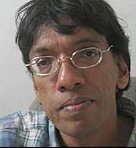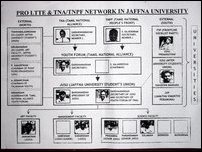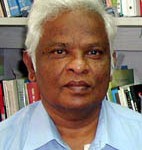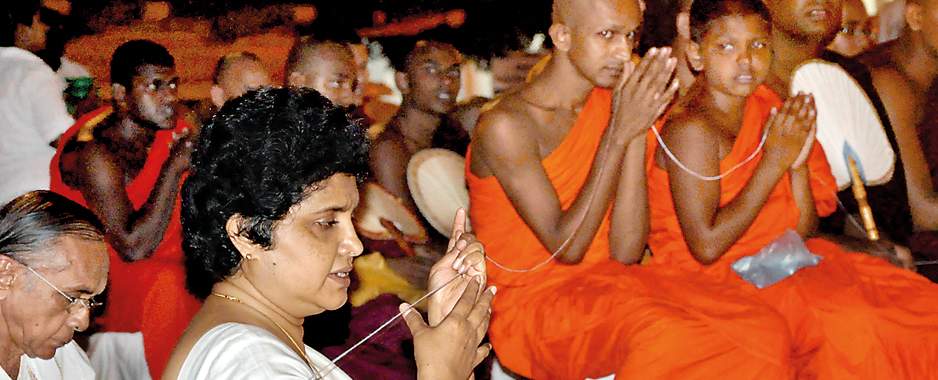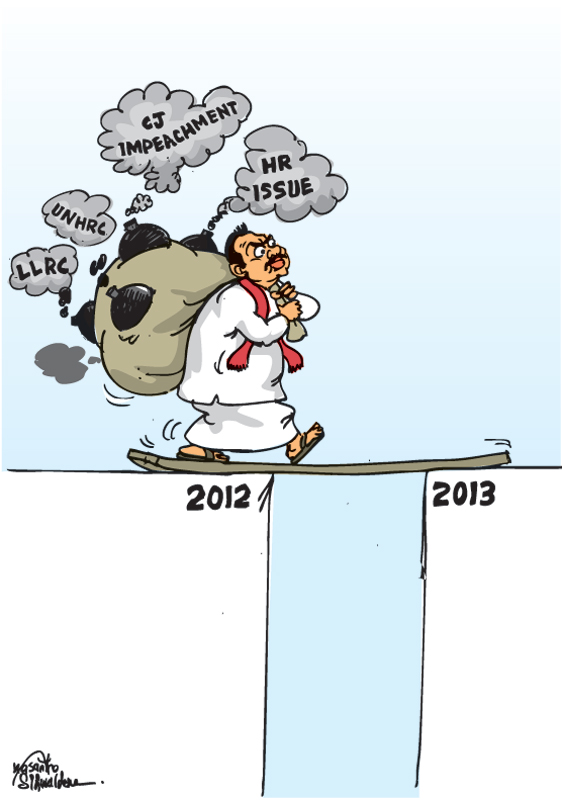Britain, Sri Lanka And Living Examples Of True Democracies
 On Friday the 05th October 2012, the High Court in London allowed three elderly Kenyans to pursue damages for torture they suffered in the hands of the British during the colonial era.
On Friday the 05th October 2012, the High Court in London allowed three elderly Kenyans to pursue damages for torture they suffered in the hands of the British during the colonial era.
The UK government is bracing itself for thousands of similar legal claims from people who were imprisoned and allegedly mistreated during the final days of the British Empire. The said High Court ruled that the three elderly Kenyans who were detained and tortured during the Mau Mau rebellion have the right to sue for damages.
The High Court judge rejected claims from the government’s lawyers that too much time had elapsed since the seven-year insurgency in the 1950s, and it was no longer possible to hold a fair trial. Last year the same high court judge, Mr Justice McCombe, rejected the government’s claim that the three claimants should be suing the Kenyan government as it had inherited Britain’s legal responsibilities on independence in 1963. And this ruling may also make it possible for victims of colonial atrocities in other parts of the world to sue.
The UK Foreign Office acknowledged that this ruling had “potentially significant and far-reaching legal implications”, and said it was planning to appeal. “The normal time limit for bringing a civil action is three to six years,” a spokesman said. “In this case, that period has been extended to over 50 years despite the fact that the key decision makers are dead and unable to give their account of what happened.”
During the course of their attempts to have the claims struck out – efforts that the claimants’ lawyer, Martyn Day, described as “morally repugnant” – the British government’s lawyers accepted that all three of the elderly Kenyans were tortured by the colonial authorities.
Day said, “The British government has admitted that these three Kenyans were brutally tortured by the British. There will undoubtedly be victims of colonial torture from other countries, who will be reading this judgment with great care”.
There may also be claims from Malaysia, and even from Sri Lanka where some native people were massacred during number of uprising against British rule including the Matale rebellion.
It is very interesting to note whether the judges in Sri Lanka would enjoy a similar or somewhat faint independence in dispensing justice in matters, which come before them where the government is involved.
For instance, when integrity and conduct of Presidential Candidate Mahinda Rajapakse was challenged before the Supreme Court, where he was accused for embezzlement of tsunami funds the then CJ Sarath N Silvasimply ruled against the application. Then some time thereafter this same individual had the audacity to say that if he had acted as required by law Mahinda Rajapakse would have been behind bars. And now this very same person defends the obviously wrong process the government adopted to eject the CJ from office.
The people should revisit the circumstances under which the impeachment motion was brought in against the current CJ. Recently the government sought legal cover to the police to refrain from producing suspects taken into custody for 48 hours. This was clearly against the fundamental freedom enjoyed by the people and hence refused by the Supreme Court. When the said proposed amendment to the criminal procedure code was refused by the Supreme Court the government ministers (Nimal Siripala de Silva and Keheliya Rambukwella) said in pubic that the govt respects the observance of the rule of law by the Court and would not resort to bring an impeachment motion against the CJ for defying the will of the government that violated the sovereign rights of the people. But the actions which followed thereafter were the exactly the opposite.
Democracy is something, which people should earn not something a society can be bestowed with by foreign powers. This is food for thought for right thinking people to comprehend what a fake democracy the people of Sri Lanka enjoy under the so-called freedom from British colonial rule.

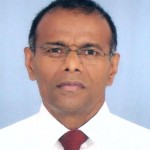

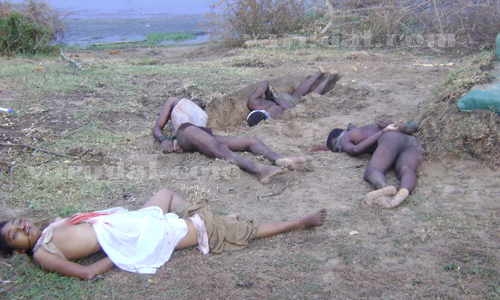



 Police officers deployed in the Jaffna university compound suddenly withdrawn from the area.
Police officers deployed in the Jaffna university compound suddenly withdrawn from the area.